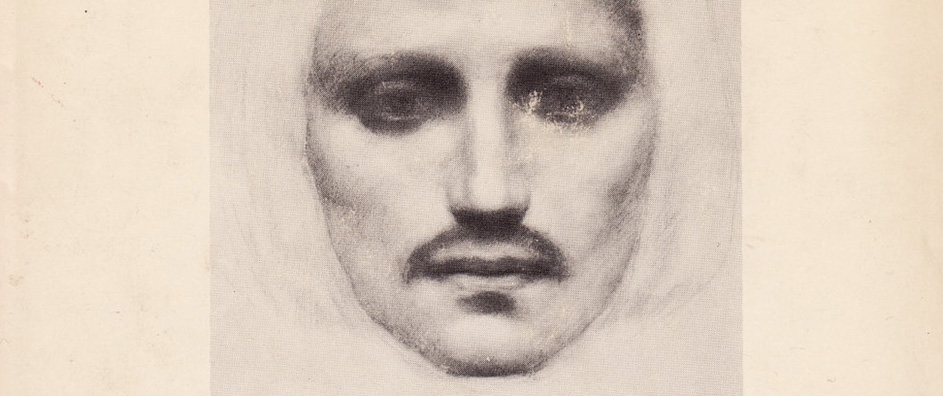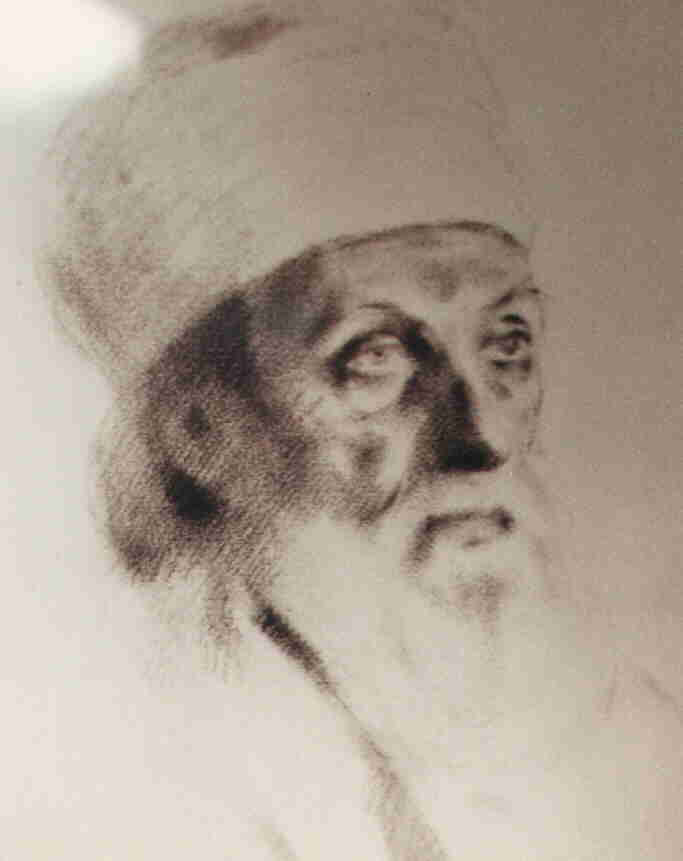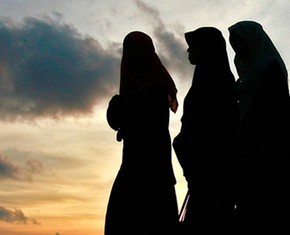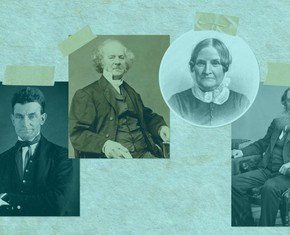The views expressed in our content reflect individual perspectives and do not represent the authoritative views of the Baha'i Faith.
You’ve read Kahlil Gibran’s The Prophet, right? Or heard it read with feeling at a wedding or a funeral or a graduation?
If not, you may be in the minority.
Probably no single book of poetry has ever had such a massive impact on so many people. The Prophet, Gibran’s best-known work, has sold an estimated 100 million copies since its first publication in 1923. For more than 90 years, it has never gone out of print. The book has been translated into dozens of languages, and inspired memorials to its author all over the world. Only two poets in history are more popular – Shakespeare and Laozi – with Rumi in fourth place. One of the most-loved and cherished books in human history, The Prophet continues to inspire music, plays and movies, with a new film version due out in 2015.
But despite its global popularity, few people understand the inspiration behind The Prophet and Almustafa, its mystical main character. So in this short series of essays we’ll look into Gibran’s life and the writing of his most powerful work, investigate what inspired The Prophet and its timeless message, and explore the extensive connections between Gibran, The Prophet and the Baha’i Faith.
For those of you who haven’t read the book, you can find it in just about any library or bookstore, and if those options won’t work, chances are you have a friend who can loan it to you – plus, you can find it online free here: wikilivres.ca/wiki/The_Prophet
The book begins in the timeless place where the prophet has lived for a dozen years:
Almustafa, the chosen and the beloved, who was a dawn unto his own day, had waited twelve years in the city of Orphalese for his ship that was to return and bear him back to the isle of his birth. – p. 3.
“A dawn unto his own day” – those metaphorical, symbolic words give readers a tonal clue about what’s to come in The Prophet. Composed of 26 short sections of lyrical prose poetry, the book centers around Almustafa’s impending departure and its effect on the city’s inhabitants, who ask the prophet to tell them about the meaning of life’s great themes before he leaves. Almustafa responds in the poetic, proverbial aphorisms The Prophet has become famous for:
On marriage: You were born together, and together you shall be forevermore. You shall be together when the white wings of death scatter your days. Ay, you shall be together even in the silent memory of God.
On prayer: “You pray in your distress and also in your need; would that you might pray also in the fullness of your joy and in your days of abundance.”
On beauty: ’’Beauty is eternity gazing at itself in a mirror. But you are eternity and you are the mirror.’’ – The Prophet, pp. 15; 67; 74.
These beautiful, meaning-filled sayings, Gibran’s lasting gift to his hundreds of millions of faithful readers, had their source in the author’s Maronite Christianity; in his love for Islam, especially in its most mystical Sufi forms; and maybe most importantly in the Baha’i teachings. Gibran had close relationships with Baha’is, notably the artist and author Juliet Thompson. He met, spoke extensively with and actually artistically portrayed Abdu’l-Baha in a famous drawing. And he declared, near the end of his life, his belief in Abdu’l-Baha.
“For the first time I saw form noble enough to be a receptacle for the Holy Spirit,”
Gibran said.
Several Gibran scholars have noted this close connection to the Baha’i teachings in Gibran’s work. One appraisal by Susan Reynolds says:
Alongside the influence of the writers and philosophers from whom Gibran drew insight and inspiration, there was another and equally significant one without which neither The Prophet (1923) nor Jesus, the Son of Man (1928) could have been written… It proceeded from yet another in the series of distinguished figures whom Gibran immortalized in a portrait, and perhaps the greatest of them all: Abdu’l-Baha.” – The Prophet, Annotated Edition, pp. xii-xiii.
You can see Abdu’l-Baha’s deep influence on Gibran by comparing the three quotes from The Prophet above with these extremely similar excerpts from Abdu’l-Baha’s writings:
…marriage must be a union of the body and of the spirit as well, for here both husband and wife are aglow with the same wine, both are enamoured of the same matchless Face, both live and move through the same spirit, both are illumined by the same glory. – Selections from the Writings of Abdu’l-Baha, p. 117.
Ours should be the prayer that His blessings may be vouchsafed in still greater abundance, and ours to hold fast to such means as shall ensure a fuller outpouring of His grace and a greater measure of His divine assistance. – Selections from the Writings of Abdu’l-Baha, p. 92.
Shouldst thou, however, turn thy gaze unto a Mirror, brilliant, stainless, and pure, wherein the divine Beauty is reflected, therein wilt thou find the Sun shining with Its rays, Its heat, Its disc, Its fair form all entire. – Selections from the Writings of Abdu’l-Baha, p. 41.
You May Also Like
Comments


















(first known non-Baha’i source of Gibran talk with Baha’is? And on subject matter central to liberal religious ideas? At St. Mark's)
https://www.newspapers.com/clip/4729852/talk_by_kahlil_gibran_with_bahais/ New Thought - Do we need a new world religion to unite the old religions?], The Brooklyn Daily Eagle (Brooklyn, New York)26 Mar 1921, Sat • Page 7
-> Note other participants - Glenn Shook, Howard McNutt, Horace Holley, Juliet Thompson, Mrs. I. F. Chamberlain, Urbain Ledoux
Second; first Juliet’s description -
"Then one night, years afterward, the Master's motion picture was going to be shown at the ...Bahá'í Center.... He sat beside me on the front row and he saw the Master come to life again for him in that picture. And he began to sob. We had asked him to speak a few words that night. When the time came for him to speak, he controlled himself and jumped up on the platform and then, my dear, still weeping before us all he said : 'I declare that 'Abdu'l-Bahá is the Manifestation of God for this day!' Of course he got it wrong — but.... He was weeping and he didn't say anything more. He got down and he sat beside me, and he kept on sobbing and sobbing and sobbing. Seeing the picture — it brought it all back. He took my two hands and said, 'You have opened for me a door tonight.' Then he fled the hall.
"I never heard anything about it again. He never referred to it again.…
(from http://bahai-library.com/gail_thompson_remembers_gibran )
Looks like this was it - but alas no commentary to speak of - another Baha’i event Gibran was at, centered on memorial service…
https://www.newspapers.com/clip/4753728/viewing_of_abdul_baha_film_with_ahmed/ View Baha’i film], The Brooklyn Daily Eagle (Brooklyn, New York)3 Mar 1928, Sat • Page 3